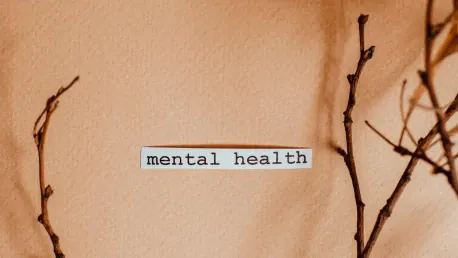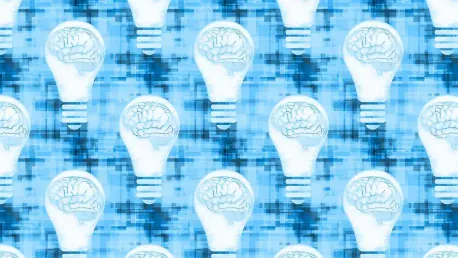
The implications of the Supreme Court's Chevron decision, which restricts federal agencies' authority to interpret ambiguous laws, have sparked significant concerns within the healthcare sector. This ruling is particularly alarming for legislation like the Mental Health Parity and

Healthcare providers enrolled in Illinois Medicaid will need to navigate a rigorous revalidation process to continue delivering services to Medicaid patients. This federal requirement was paused during the COVID-19 federal public health emergency but is now back in effect, as confirmed by the

The Biden administration recently introduced new rules that could revolutionize mental health care coverage in the United States. These comprehensive regulatory changes aim to fortify provisions within the Mental Health Parity and Addiction Equity Act of 2008. For too long, mental health services

The 2024 presidential campaigns of Kamala Harris and Donald Trump are intensifying, with each candidate presenting starkly different visions for rural healthcare, a critical issue in swing states like Wisconsin. The recent Harris/Walz campaign event highlighted these contrasts, drawing attention to

Delving into significant financial mismanagement uncovered by Pennsylvania Auditor General Timothy L. DeFoor, this article shines a light on the state's Medicaid prescription drug benefits. It underscores substantial fiscal oversight issues and calls for urgent reforms. The audit has revealed

The Democratic National Convention (DNC) set the stage for critical discussions on the current U.S. political and health landscape. The event focused on the healthcare policies of Vice President Kamala Harris and her running mate, Minnesota Governor Tim Walz. Additionally, the convention addressed